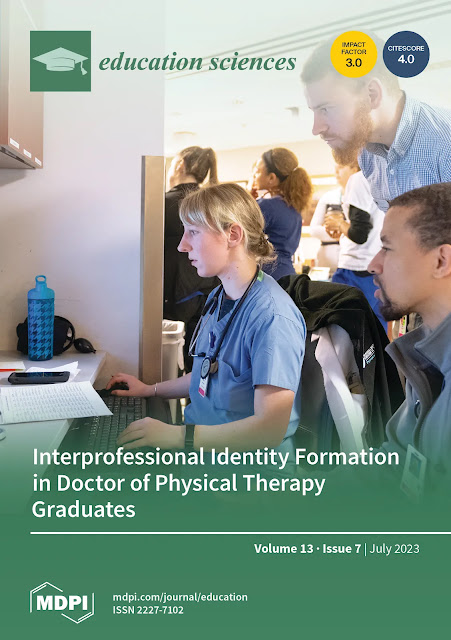Forward Thinking and Adaptability to Sustain and Advance IPECP in Healthcare Transformation Following the COVID-19 Pandemic
Hossein Khalili, Jyotsna Pandey, Sylvia Langlois, Vikki Park, Ryan Brown, Alla El-Awaisi, Kathleen MacMillan, Shelley Cohen Konrad, Brittany Daulton, Christopher Green, Giray Kolcu, Charlotte McCartan, Gina Baugh, Andrea Pfeifle, Lisa Wetzlmair, Inci Kolcu, Anthony P. Breitbach
ABSTRACT
The proliferation of the novel SARS-CoV-2 (COVID-19) virus across the globe in 2020 produced a shared trauma internationally of unprecedented devastation, disruption, and death. At the same time, the pandemic has been a transformation catalyst accelerating the implementation and adoption of long overdue changes in healthcare education and practice, including telehealth and virtual learning. The COVID-19 pandemic has placed healthcare at a crossroads, either viewing it as a temporary situation that requires short-term solutions, or as a major disruption that presents opportunities for innovation for sustainable development and transformation. As COVID-19 transitions from pandemic to endemic, we have a unique opportunity to leverage lessons learned that can foster healthcare transformation through innovation, forward thinking, and interprofessional education and collaborative practice (IPECP). With the changing landscape of higher education and healthcare, IPECP leaders need to reflect on and implement ‘Forward Thinking and Adaptability’ and ‘Sustainability and Growth’ in their IPECP approaches and strategies to achieve the Quintuple Aim. To capitalize on this opportunity and based on a recent publication by InterprofessionalResearch Global, this paper explores and debates (from a global perspective) the impact and application of healthcare education and practice transformation on IPECP with the goal to identify best practices in integrating and sustaining IPECP and building a resilient workforce.
Access the article here: https://nsuworks.nova.edu/ijahsp/vol22/iss1/18/
CITATION
Khalili H, Pandey J, Langlois S, Park V, Brown R, El-Awaisi A, MacMillan K, Cohen Konrad S, Daulton B, Green C, Kolcu G, McCartan C, Baugh G, Pfeifle A, Wetzlmair L, kolcu I, Breitbach AP. Forward Thinking and Adaptability to Sustain and Advance IPECP in Healthcare Transformation Following the COVID-19 Pandemic. The Internet Journal of Allied Health Sciences and Practice. 2023 Dec 15;22(1), Article 18.











